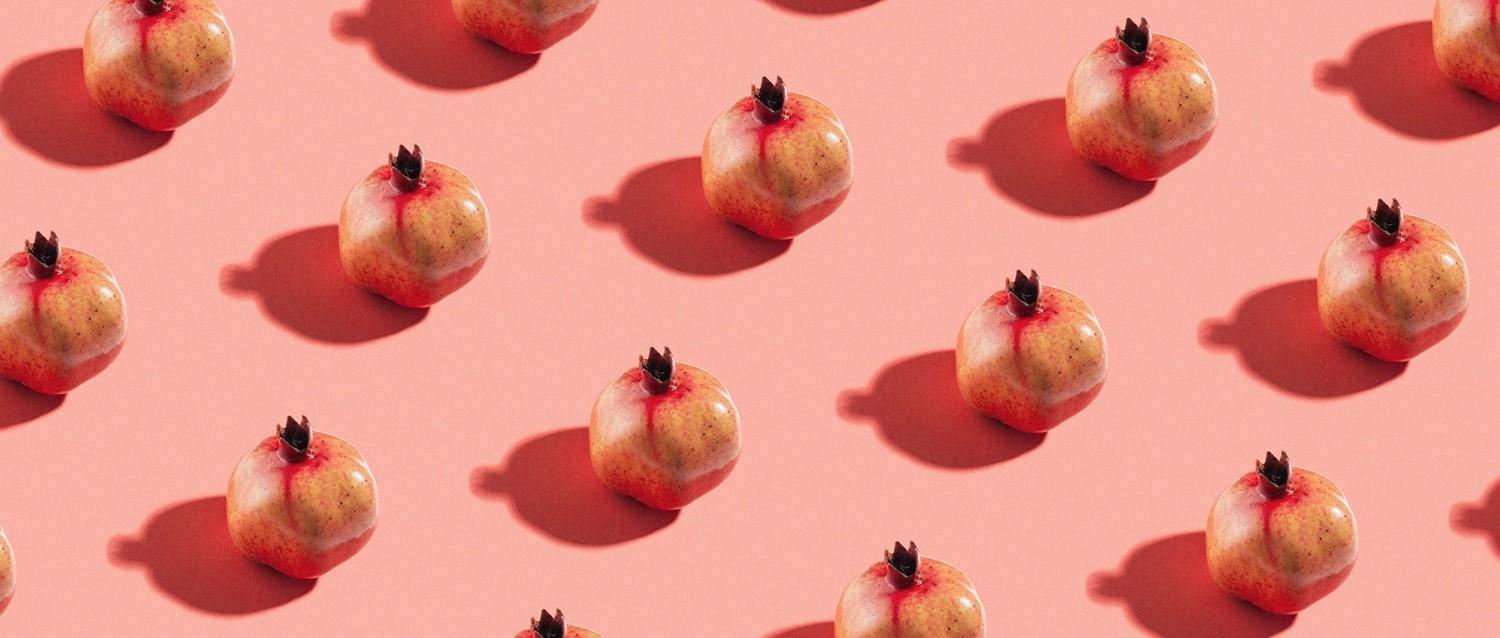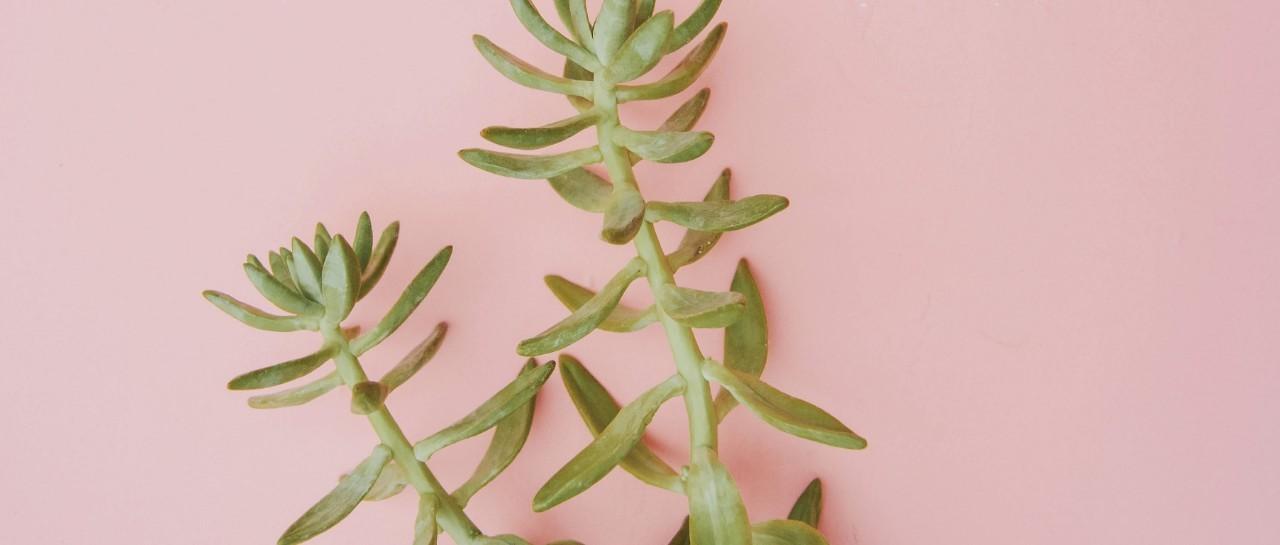
Is there a link between diet and acne?
Peer reviewed by Dr Sarah Jarvis MBE, FRCGPLast updated by Sarah GrahamLast updated 30 Jan 2019
Meets Patient’s editorial guidelines
- DownloadDownload
- Share
- Language
- Discussion
You don't have to look very far online to find someone proffering a miracle 'acne diet' or 'hormone-balancing' dietary supplement that will supposedly clear up your skin for good. But what does the evidence really say?
In this article:
Video picks for Acne
Acne affects 80% of us at some point in our lives, with as much as 40-55% of the population aged 20-40 suffering from adult acne. It can have a major impact on sufferers' self-esteem and mental health and, if you're affected by long-term adult acne, it's likely you've tried a whole range of acne-fighting options.
Typical treatments include topical creams, gels and lotions, antibiotics, Roaccutane and - for female patients - the combined oral contraceptive pill. But could diet also play a part in treating persistent, acne-prone skin?
Well, according to the British Association of Dermatologists (BAD), the short answer is that, at least currently, "there has not been enough research to prove a direct link between diet and acne." However, they add, there does seem to be some link on an observational and anecdotal level.
What is acne?
Sugar, carbohydrates and dairy
The foods most commonly linked to acne breakouts are those that are high in sugar, carbohydrates and dairy. Anecdotally, this probably does ring true for many sufferers - our skin doesn't typically feel its best when we've been living off greasy takeaways, pizza, crisps and chocolate. But what exactly is it about these foods that could be triggering breakouts?
"When foods that are high in sugars and carbohydrates break down, they can cause a rise in your insulin growth factor (IGF-1), and what that does is it blocks your pilosebaceous units - basically the oil-secreting glands on your face - which doesn't allow them to breathe," explains Dr Sweta Rai of the BAD.
However, she adds: "This hasn't been fully substantiated, so we don't know exactly what type of foods cause this. It's also confusing because it would suggest that most people who eat a lot of chocolates, crisps, and so on would all have acne. That's not the case, so we don't know if there is a hard and fast link per se for all people, because some people don't seem to be affected by it while others are."
When it comes to dairy, Rai says, there isn't any solid evidence of a link. "In the States, maybe not so much in this country, there are hormones present in dairy products, and we do know that hormonal imbalances play a role in acne."
Progesterone, in particular, can make acne worse, she explains, "as we see in people taking the progestogen-only contraceptive pill or progestogen implants." This means that, if milk has been treated hormonally, consuming it may indeed trigger acne breakouts. But is it dairy itself that's causing that? "We don't know," she says.
Subjective skin
Back to contentsPart of the difficulty in identifying a dietary link, as Rai points out, lies in the fact that everyone's skin type is slightly different.
"Some of us have more pilosebaceous units than others, some of ours are more active than others, and that just determines your general skin type," she explains.
"If you have oily skin, you've got overactive pilosebaceous units and you might find with certain food types, or certain topical things you put on your face, that you react differently compared to a person who's got drier skin, for example," Rai adds. "It's entirely dependent on your particular skin type. It's not that all people who are healthy don't get acne - they do."
Ultimately, she says, the jury is really still out on the role food and lifestyle play in triggering acne.
"Generally speaking, the factors that are known to cause acne are hormonal imbalances, stress, family background of acne, and a bacterium called P. acnes, or Propionibacterium acnes," Rai explains.
"Stress is a definite known trigger for acne, because it increases the stress hormone cortisol. But we also know that people often comfort eat as a result of stress - so is it the food that's causing the acne breakout, or is it the underlying stress?"
Continue reading below
Cutting out potential triggers
Back to contentsWith the dietary link being so subjective, and so difficult to prove conclusively, the general recommendation from the BAD is that if you've noticed your acne gets worse after consuming certain foods or drinks, then these may be playing a part.
Keeping a food diary is one way of identifying your triggers and, if you feel as though a particular food type is linked to an increase in spots, Rai recommends cutting it out of your diet for at least six weeks. If you notice an improvement over that time, there could well be a link and it's worth keeping that food out of your diet.
Certainly though, there aren't any foods that can conclusively be described as being especially 'good' or 'bad' for acne across the board.
"The best advice really is just to have a generally healthy, balanced, stress-free lifestyle, with regular exercise, and maybe reduce the amount of saturated fats, sugars and carbohydrates in your diet," she says.
However, Rai adds, she would very rarely recommend treating acne through dietary and lifestyle changes alone.
"If it was very mild acne, you're getting a few spots here and there but it's not leaving any marks, then taking out whatever you feel to be the offending factor in your diet or lifestyle for six weeks is not an unreasonable approach," she says.
"But if you have moderate-to-severe acne, which is scarring and covering your face, then you need medical treatment. Simply taking out whatever food you believe to be causing it, and leaving the acne itself untreated, is just going to leave you with further scarring," she explains.
Patient picks for Acne

Skin, nail and hair health
How to tell the difference between acne and other skin problems
How many times have you woken up, looked in the mirror and thought: “What invaded my face overnight?”. In a desperate attempt to erase any signs of the annoying red spots, you immediately reach for the fast-acting acne treatment and start rubbing away, only to be disappointed when that strange-looking pimple or rash is still staring back at you the next day.
by Sara Lindberg

Skin, nail and hair health
Do any natural remedies really work for acne?
Natural skin treatments you can find in your own home are becoming more and more popular, but is there any evidence to suggest they can cure acne? The answer for most people is no, according to Dr Anjali Mahto of the British Association of Dermatologists, who says natural treatments could even cause further skin irritation.
by Andrea Downey
Continue reading below
Article history
The information on this page is peer reviewed by qualified clinicians.
30 Jan 2019 | Latest version

Ask, share, connect.
Browse discussions, ask questions, and share experiences across hundreds of health topics.

Feeling unwell?
Assess your symptoms online for free
Sign up to the Patient newsletter
Your weekly dose of clear, trustworthy health advice - written to help you feel informed, confident and in control.
By subscribing you accept our Privacy Policy. You can unsubscribe at any time. We never sell your data.